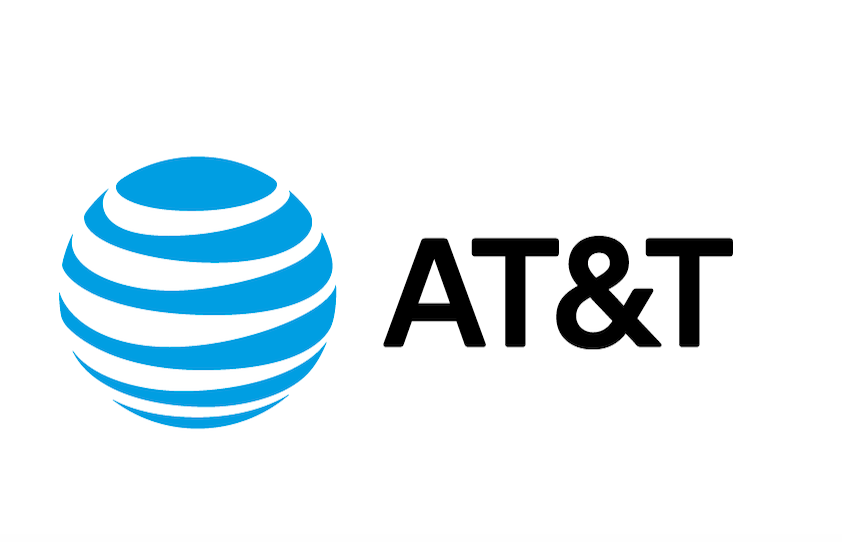AT&T's Cicconi Warns of Viewer Dislocation From STELAR Sunset

The smarter way to stay on top of broadcasting and cable industry. Sign up below
You are now subscribed
Your newsletter sign-up was successful
AT&T is warning Congress that hundreds of thousands of viewers will lose access to broadcast channels they now get after the STELAR law sunsets at the end of the year.
STELAR is primarily the compulsory license that allowed satellite operators to import distant network TV station signals to markets that lacked a viewable local version.
What does not sunset is the STELAR law's mandate that broadcasters and MVPDs negotiate retrans in good faith. Also not sunsetting are the compulsory license covering RVs and truckers and "short" markets, which are ones lacking one ore more network affiliates rather than ones where the signal is not sufficiently strong to be considered viewable.
The House passed the STELAR-related the omnibus spending bill package that includes the STELAR sunset earlier this week and the Senate is expected to follow suit by Friday to keep the government open.
In a blog post Thursday (Dec. 19) in advance of that vote, AT&T SVP James Cicconi said bluntly: "Make no mistake, when the screens of those consumers go dark, the sole reason will be that Congress did not act to protect them," saying that body had bowed to the demands of broadcasters, who he also blamed, calling their success in getting the sunset--something broadcasters have long sought--the "most recent example of broadcaster exploitation and overreach."
Related: Deal Struck on STELAR Successor Bill
Cicconi called on Congress to tackle the retransmission consent regime. One of the reasons broadcasters wanted the STELAR law to sunset was that it was an every-five-year platform for AT&T and other MVPDs to call for retrans reform and, preferably, a sunset of the must-carry/retrans regime.
"Since 2006, retransmission fees charged by local broadcasters have skyrocketed from $200 million to $11.7 billion in 2019 – an increase of more than 5,000%," he said, calling it "predation" that needed addressing.
The smarter way to stay on top of broadcasting and cable industry. Sign up below
"If the broadcasters truly want to debate, and to justify such predation based on the principle of free market economics, we are prepared," said Cicconi. "But all issues should be on the table. That includes the grant of free spectrum from the public given to local broadcasters for one purpose and now used for another. It should also include the grant of monopoly rights for local broadcasters in specific geographic areas – hardly consistent with any concept of a free market."
Contributing editor John Eggerton has been an editor and/or writer on media regulation, legislation and policy for over four decades, including covering the FCC, FTC, Congress, the major media trade associations, and the federal courts. In addition to Multichannel News and Broadcasting + Cable, his work has appeared in Radio World, TV Technology, TV Fax, This Week in Consumer Electronics, Variety and the Encyclopedia Britannica.

